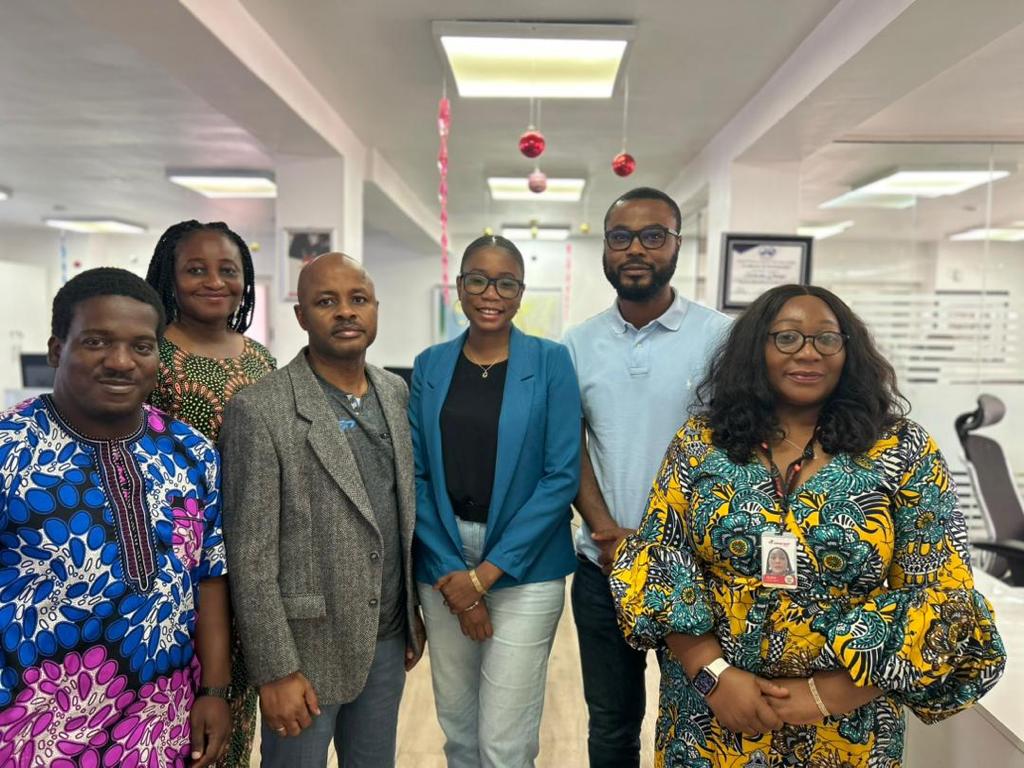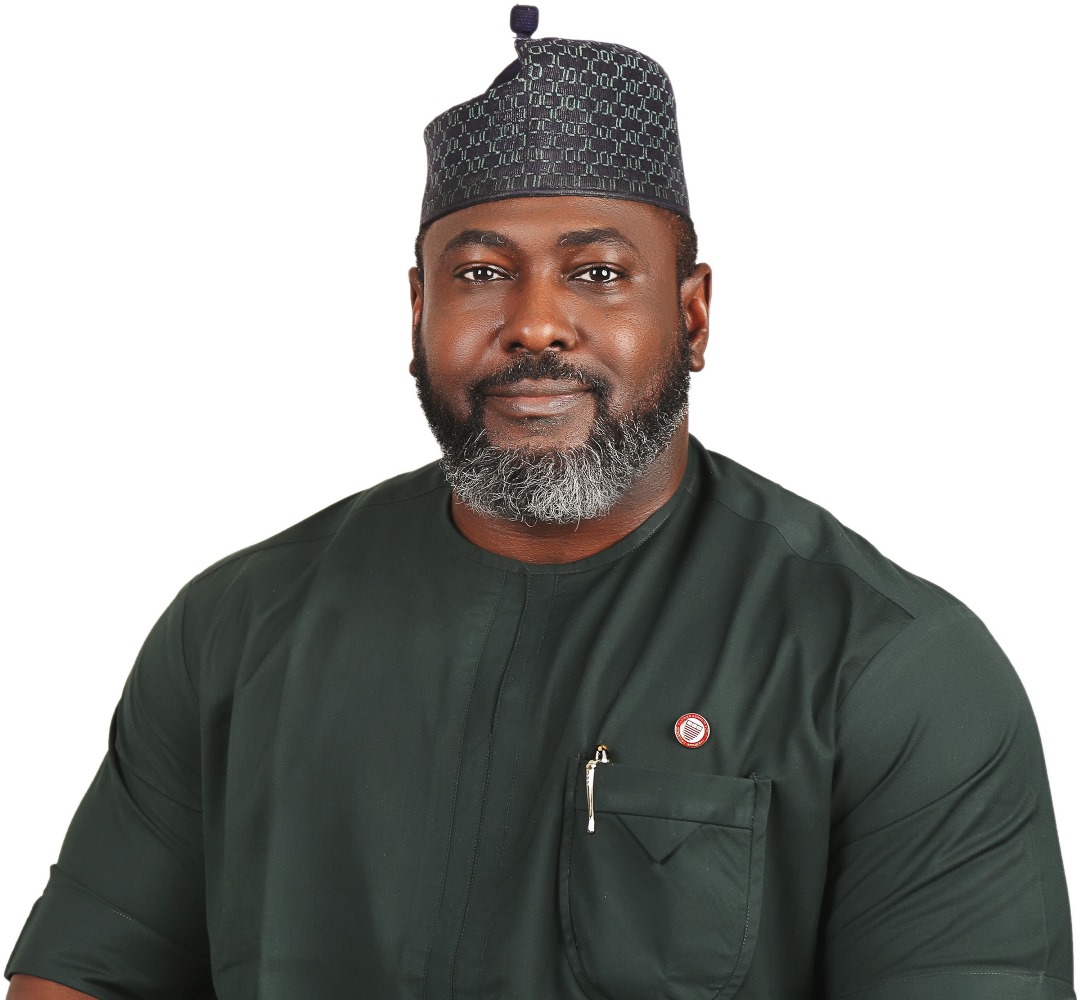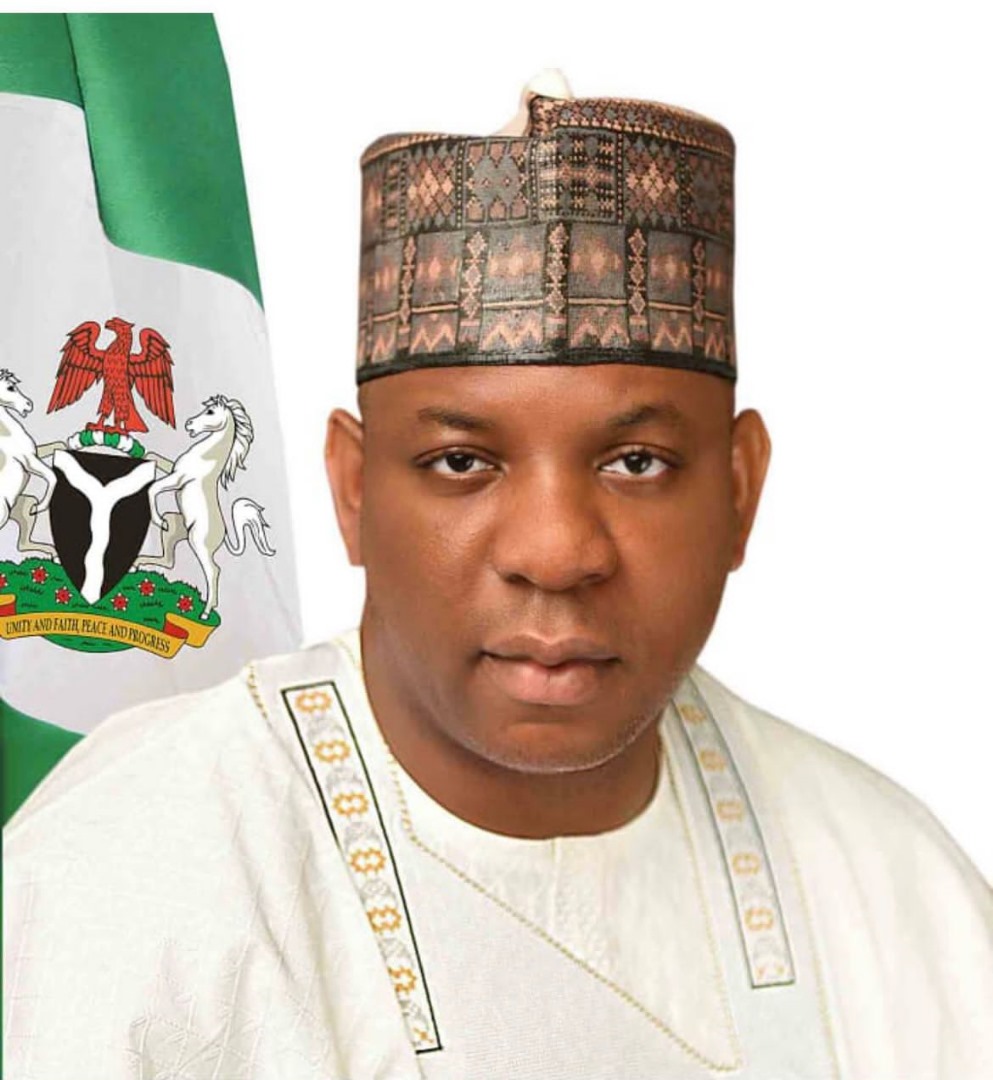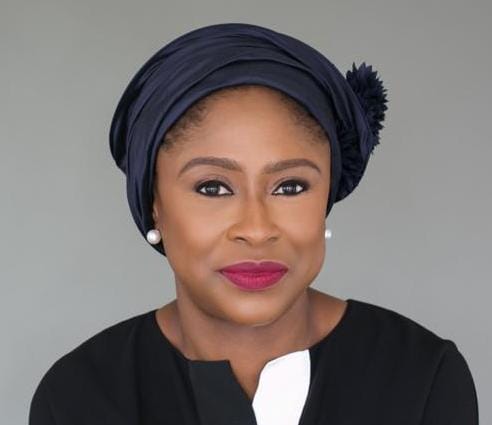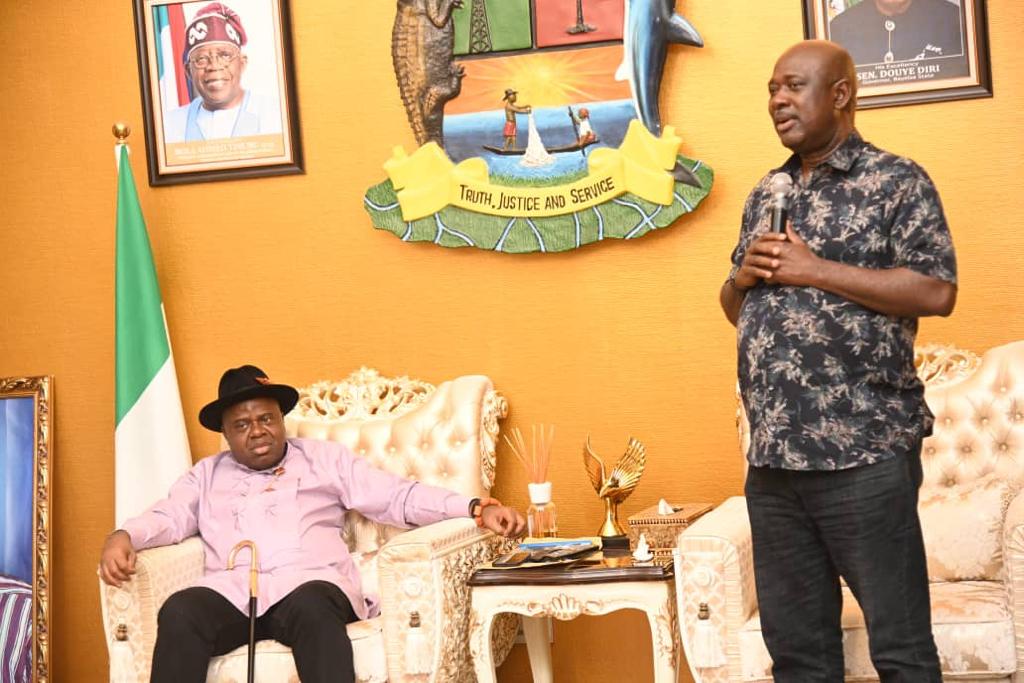
I’ll Facilitate Return Of Atala Oilfield To Balyesa-Lokpobiri
Mohammed Shosanya The Minister of State for Petroleum Resources (Oil), Heineken Lokpobiri, has said there is still hope that the revoked licence for OML 46 (also known as Atala Oilfield), belonging to


